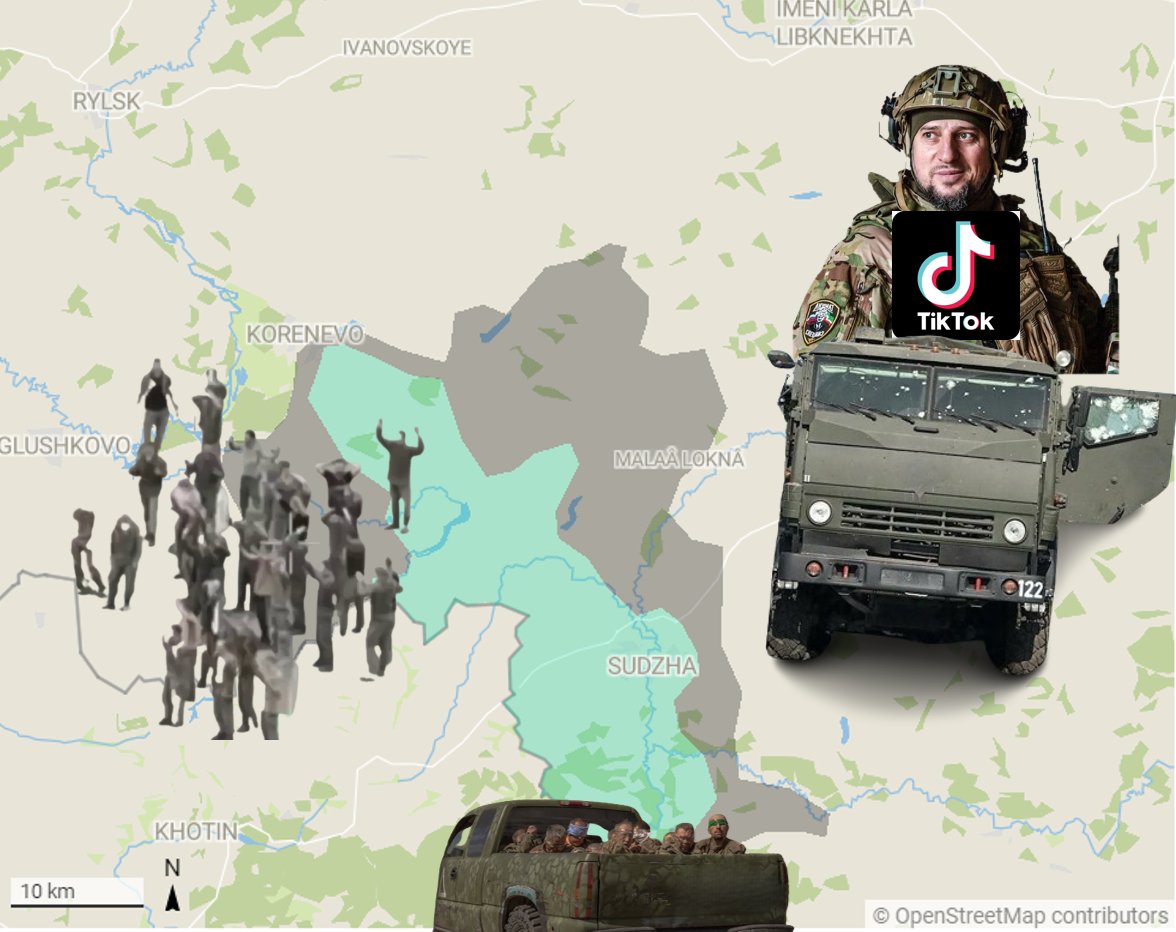War is a continuation of politics by other means. As the Kursk incursion continues, the military part of this operation is still being written. However, it is fair to say that, regardless of the outcome, this operation has shed light on certain political aspects. 🧵Thread:

The first aspect, which has largely gone unnoticed, is the evident ineffectiveness of the so-called military alliances and treaties between Russia and other countries, such as the Collective Security Treaty Organization (CSTO), which includes obligations like NATO's Article 5
Second, it is notable how numerous media personalities associated with pro-Russian views suddenly stopped advocating for freezing the war once the war reached the Kursk lands. Suddenly, the notion of freezing the war at the current lines no longer appears acceptable to them.
Such sudden silence from the so-called "peace doves" is not surprising. They have never been genuinely interested in peace but rather in Ukraine's capitulation and the secession of Ukrainian lands to Russia. Where are these voices now, calling for the war to end in Kursk?
Let's examine another pivotal aspect: Russia's red lines. In the informational space, there are frequent statements about U.S. inconsistency with red lines, contrasted with the much more "real and substantiated" red lines drawn by Russia the crossing of which, it is claimed, would provoke immediate and devastating retaliation. Yet, each time, Russia has been shown to either move the goalposts or obscure previous threats and red lines in a sea of informational noise, as if those statements were never made.
While some political pundits in Russia and the West are attempting to spin the narrative by saying that Ukraine violated agreements with the West by entering Russian territory, this can easily be fact-checked by referring to official statements from authorized representatives.
Matthew Miller, a representative of the U.S. State Department, during the Press Briefing – on August 7th stated that Ukraine’s actions in the Kursk region do not violate restrictions on the use of American weapons supplied to Kyiv.
This operation has challenged the established opinion, formed after the unsuccessful 2023 counter-offensive, that a successful large-scale operation at the division or corps level was impossible due to ISR capabilities. Yet, Russia failed to identify the looming offensive.
The operation also highlights a stark contrast: Ukraine's surgical strikes on moving Russian columns with HIMARS versus Russia's deliberate and methodical destruction of Ukrainian settlements with artillery, MLRS, and missile strikes.
Ukrainian forces have managed to take towns with minimal destruction, as demonstrated by the liberation of Kharkiv and Kherson in 2022 and the seizure of Sudzha in 2024. In contrast, Russian forces rely on the destruction of settlements, as evidenced in Mariupol and Avdiivka.
Whether this operation results in a strategic win for Ukraine or not, it has shown that Ukraine can conduct complex, large-scale operations while maintaining higher moral ground and discipline. Perhaps it is too early to write off Ukraine, as some politicians are eager to do.
This might be the best opportunity for the West to reassess its approach to self-imposed restrictions and increase pressure on Russia both diplomatically and militarily (through the provision of aid). It’s time to reconsider policies that are based on ineffective red lines.
 https://twitter.com/Tatarigami_UA/status/1824712997673095520
https://twitter.com/Tatarigami_UA/status/1824712997673095520